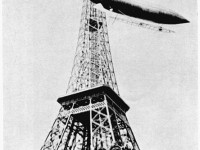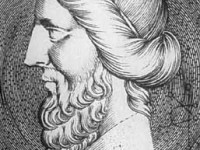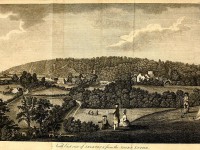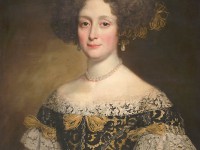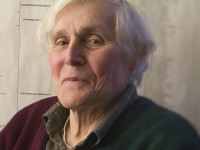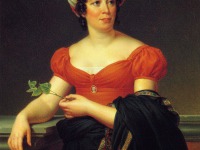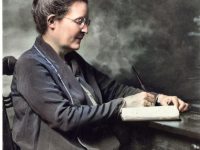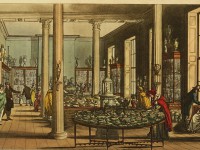Alberto Santos-Dumont – the Brazilian Father of Aviation
On July 20, 1873, Brazilian aviation pioneer Alberto Santos-Dumont was born. Santos-Dumont designed, built, and flew hot air balloons and early dirigibles, his rising fame in this field culminating in his winning of the Deutsch de la Meurthe prize on 19 October 1901 on a flight that rounded the Eiffel Tower. Santos-Dumont then constructed a heavier-than-air aircraft, the 14-bis, in which on 23 October 1906, he made the first powered heavier-than-air flight…
Read more











